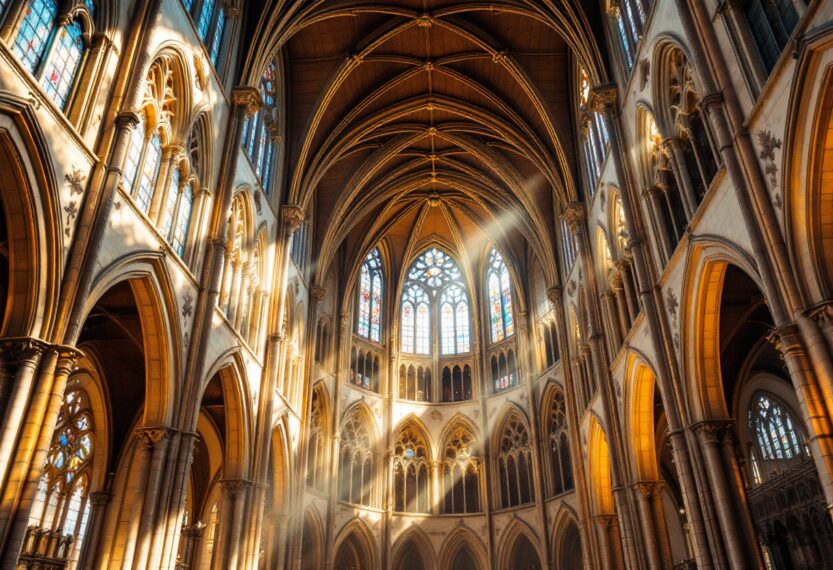The significance of the papal conclave
The recent passing of Pope Francis at the age of 88 has left a profound impact on the Catholic Church and its followers worldwide. As the world reflects on his legacy, attention now turns to the papal conclave, the centuries-old ritual that will determine his successor. This process, steeped in tradition and secrecy, is not merely a political maneuver but a spiritual journey that embodies the Church’s future direction.
The historical context of the conclave
The term ‘conclave’ originates from the Latin phrase “con clave,” meaning “with key.” This reflects the practice initiated in 1276, where cardinals were locked away to ensure a focused and undisturbed election process. The upcoming conclave will see up to 120 cardinals, all under the age of 80, gather in the Sistine Chapel, where they will engage in a series of votes until a two-thirds majority is achieved. This process is not only a selection of a new leader but also a reflection of the Church’s evolving identity in a modern world.
The role of the Holy Spirit in the selection
While the conclave is often viewed through a political lens, it is essential to recognize the spiritual dimension that underpins this event. The cardinals take an oath of secrecy and are expected to engage in prayerful deliberation, seeking guidance from the Holy Spirit. The outcome of the conclave is believed to be influenced by divine intervention, though the actual decision-making process involves careful coalition-building among the cardinals. This duality of faith and politics adds a layer of complexity to the proceedings, making it a subject of intense scrutiny and speculation.
Public interest and media coverage
The passing of Pope Francis has sparked a renewed interest in the conclave, particularly in light of the recent film “Conclave,” which dramatizes the election process. Social media platforms have been abuzz with commentary, memes, and discussions about potential candidates, reflecting a broader public engagement with the Church’s future. As the world watches closely, the conclave is poised to be one of the most observed in history, with many eager to see how the Church will navigate the challenges of contemporary society.
Looking ahead: The implications for the Catholic Church
The selection of a new pope will undoubtedly shape the Church’s trajectory in the coming years. Issues such as social justice, climate change, and interfaith dialogue are at the forefront of global discourse, and the new pope’s stance on these matters will be critical. As the conclave approaches, the anticipation surrounding the election process underscores the significance of this moment in history, not just for Catholics but for the world at large.



